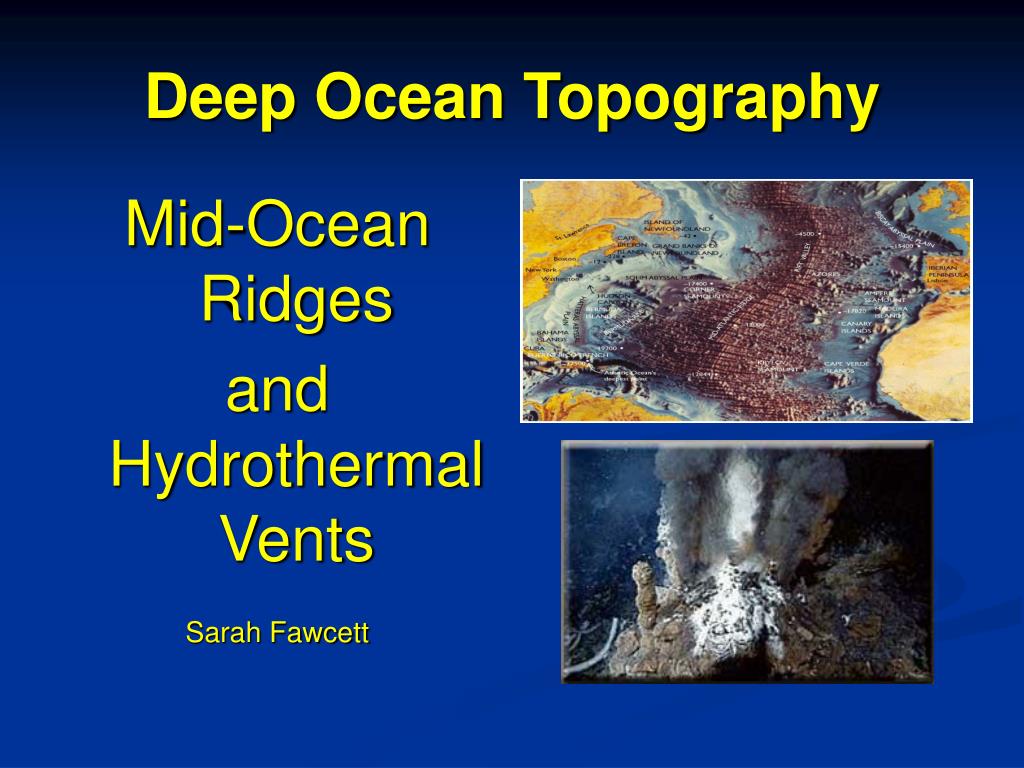Geography is an interesting subject which covers land lithosphere water hydrosphere and air atmosphere.
Is the ocean floor topographically uniformly.
An extinct oceanic hot spot volcano that has subsided below sea level.
Hope you have gone through our easy to learn notes covering important land features.
Earth the water planet we know that our earth is the only planet in the solar system.
The ocean basins are characterized not only by lying in deep water the ocean floor averages about 4km below sea level but also by being underlain by a thin layer of crust.
From the late 19th century when the norwegian explorer fridtjof nansen first discovered an ocean in the central arctic until the middle of the 20th century it was believed that the arctic ocean was a single large basin.
Analyze and conclude 1.
Like land terrain the ocean floor has ridges valleys plains and volcanoes.
Most people are surprised to learn that just as the surface of the earth is not flat the surface of the ocean is not flat and that the surface of the sea changes at different rates around the globe.
Any portion of the ocean floor that is topographically higher than surrounding sea floor d.
Pacific ocean ridge crest ocean floor crust south atlantic ocean fed c b a 39 km 2 million years north atlantic ocean 0 20 40 km scale answers to procedure questions 1.
All floors of the ocean are known as seabeds.
But despite their name these plains are not uniformly flat.
Arctic ocean arctic ocean topography of the ocean floor.
Now let s see how to learn fast the concepts associated with hydrosphere.
At depths of over 10 000 feet and covering 70 of the ocean floor abyssal plains are the largest habitat on earth.
The seabed also known as the seafloor sea floor or ocean floor is the bottom of the ocean no matter how deep.
For instance the absolute water level height is higher along the west coast of the united states than the east coast.
Mountains plains channels canyons exposed rocks and sediment covered areas.
Explorations after 1950 revealed the true complex nature of the ocean floor.
Let s start from ocean floor first.
Approximately 80 km 2.
The ocean floor has the same general character as the land areas of the world.
The lack of weathering and erosion in most areas however allows geological processes to be seen more clearly on the seafloor than.
Greatest at the geographic poles and least near the equator.
Approximately 37 km 3.
Ocean floor topography refers to the different forms in which the ocean floor bottom can exist.
Map showing the underwater topography of the ocean floor.
On average oceanic crust is only 6 to 7km thick compared to 35 to 40km for con tinental crust.
As scientific knowledge has advanced the capability to envisage these remote sites has increased significantly.
Synonymous with the term hot spot.
Sunlight does not penetrate to the sea floor making these deep dark ecosystems less productive than those along the continental shelf.

